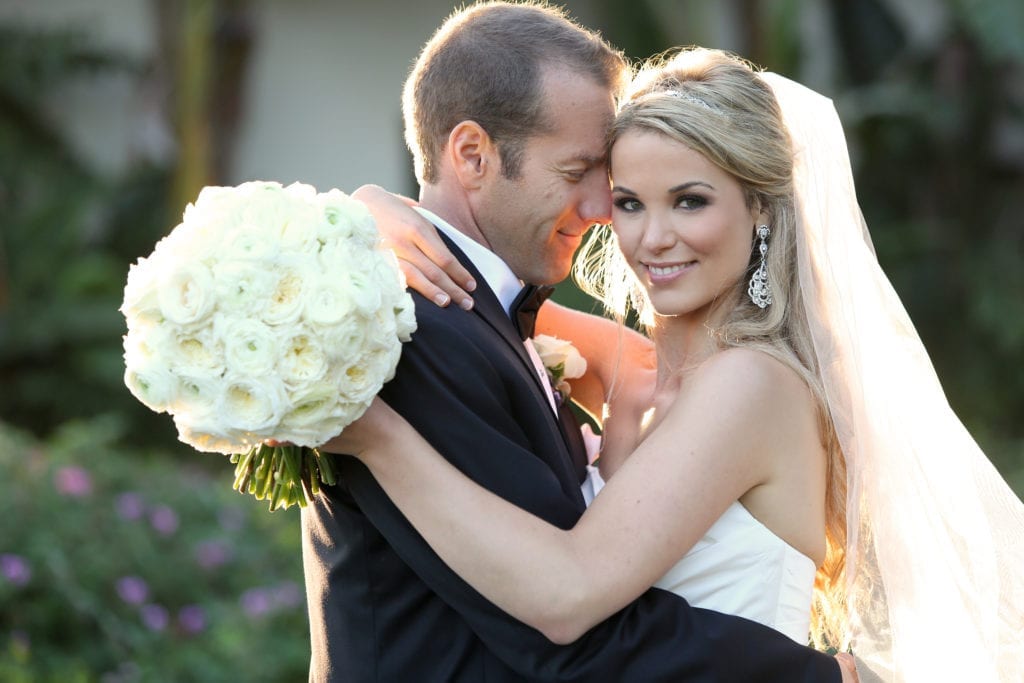Don’t have your headphones or a private place to listen right now? Check out the summary below!
Why is it that when we have troubles in our marriage we automatically think, “Let’s go to marriage counseling…”
It’s the thing you do, right? I mean, it’s all you hear about from family, friends, or just society in general.
We feel like it’s what we need to do if our marriage is in crisis. And, it seems to be the only option that’s there…
But we want you to know that marriage counseling may not be what you truly need! We’ll explain 3 things you may not know about counseling and how it works so you can decide if it’s what you should do to save your marriage.
Full disclosure: Kimberly was trained as a Marriage & Family Therapist. Parts of it she loved… Parts of it were terrible. Ultimately, she switched to a Master’s Program in Psychology because she wasn’t impressed with the field of therapy.
We are NOT against counselors and therapists. We believe there are great counselors and therapists. However, I don’t believe that every situation you encounter in your life needs counseling or therapy.
Here’s what you should know:
#1 Counseling is way more complex than you think… it’s not perfect and is not a “quick fix.”
Here are the differences between counselors and therapists. Counselors trained as LPC’s are trained to focus on the individual. Modes of therapy have to think about the individual as a person. Therapists trained as MFT’s are trained to think in terms of systems. Instead of seeing a person as an individual, they see the person as part of a larger system/family unit. Different modalities of therapy- emotionally-focused, behavioral, narrative, and so forth. Counselors and therapists are trained in different modalities of therapy, and all these have differences.
Some focus on “How does that make you feel?” or looking into the past, or re-writing stories. Others focus on “Where do we go from here?” or choosing items specific for you to focus on & move forward in the future.
The majority of counselors and therapists use a combination of different types of therapies. If you view counselors as people who sit & listen, ask you questions, and help you think things through, you’ll have a better expectation for counseling. (Rather than it being a “quick fix.”)
#2 There are certain things counselors cannot do.
A counselor cannot help someone do something that they don’t want to do. (It’s actually part of their code of ethics.) So if you think, “If I could JUST get them to go to counseling with me, then our counselor will fix the marriage…” Then your counselor hears your spouse say, “I want out,” the laws and agreements your counselor is ethically bound to, cannot make your spouse do something they don’t want to do. And this becomes a problem in the counselor’s mind…
At the beginning of therapy, the counselor has to decide WHO the client is- Is it the individual? The marriage? Conflicts of interests can arise…
MANY (too many) people have come to us and said, “I took my spouse to see a counselor, and the counselor said we should just divorce.” Often times, that’s ALL your spouse needs to hear from a professional, “See! We can’t make it. We should divorce. Our counselor told us. Clearly, there’s no hope for us.”
In actuality, that’s not true. There is still HOPE for your marriage- it’s just that the counseling setting wasn’t the best to move your marriage forward.
#3 Counselors aren’t supposed to take their biases into the counseling room… but they do.
Counselors have their own biases, opinions, and life experiences that they take into the counseling room that affects the way they counsel.
For example, one female counselor said to Dr. Joe Beam, “I believe everyone has a little bit of narcissism in them.” Oh my… no! Everyone does NOT have a “little bit” of narcissism in them. Narcissism has to be diagnosed by a licensed professional. (Not even all LPC’s or MFT’s are qualified to diagnose this through the DSM.) Narcissistic Personality Disorder has specific criteria that needs to be met in the DSM- and the majority of people do NOT have it.
Here’s another example… In the middle of Kimberly’s MFT training, one of the women in her cohort had an affair and left her husband! (How do you think she’s going to be as a counselor?!) Most MFT programs and LPC programs do not “weed people out.” As long as someone pays money for the degree, passes supervision and a test… they aren’t weeded out. Keep this in mind!
One final example… When Kimberly and her husband first got married, they went to marriage counseling separately AND as a couple. When they went as a couple, the psychologist’s advice was that Kimberly and her husband should watch porn together- which is completely against the beliefs and values of Kimberly and her husband.
We want you to keep you away from the damaging effects from some counselor, so please, please avoid seeing a counselor that would say:
“You should get a divorce.”
“You made a mistake getting married.”
“Let’s try a controlled separation where I (as the counselor) will meet with the two of you during the separation and then we’ll decide together whether or not you should get back together…”
So what makes marriage counseling successful? Well, it depends on how you define success. The AAMFT (American Association for Marriage and Family Therapy) code of ethics includes several items detailing what “success” in therapy is…
Not ONE item in the code of ethics states, or refers to “saving the marriage” as successful therapy (a tenant of success.)
In the AMMFT document (2005), when researchers ask “if couples therapy works” they are NOT asking if it reduces divorce, but rather if partners feel/function better in their relationships after they leave therapy. They are NOT measuring whether or not couples are saving their marriage- only if the person feels better. (It could be that a spouse wanting out of the marriage “feels better,” since therapy helped them out of the marriage.)
If you are wanting to choose a good counselor, here are some things we recommend:
- Ask yourself, what is your end goal? Do you want to save your marriage?
- Find a counselor willing to help you save the marriage (who will not recommend divorce)
- Find a counselor who will be honest with you about his/her own experience & how to move forward
- Get recommendations of counselors from people who have a good marriage and have had a great experience with a counselor
When looking for counselors, schedule a 5 minute call to better understand what you would be getting into. Ask the counselor the following questions:
- What do you believe about marriage?
- When do you believe a couple should get divorced?
- Do you believe in saving the marriage?
- What will the counseling session look like?
Remember, you want to choose the right counselor BEFORE you step foot in their office. You need peace about it- being CERTAIN that you chose a counselor you trust.
Sometimes you can’t get your spouse to agree to go to counseling with you- it’s okay! We also have marriage coaches who are willing to work with you individually (or as a couple). Our coaches have expertise in this area and can teach you practical things you can do even if your spouse wants out!
If you’re thinking, “If I can’t get my spouse to go to counseling, how in the world can I get them to come to a 3 Day Workshop?!” 90% of the people who come to our Workshop has a spouse who wants out and 67% of the couples who come to our Workshop have been affected by an affair- it doesn’t mean you have to have an affair in your marriage, we deal with ALL types of situations. And we still have a 77% success rate.
Overall these are the strategies we would recommend if you’re trying to find a counselor- take caution, know their beliefs and values, someone you can trust. Make sure you know what your end goal is. If we can help, please contact us! We would love to help you move forward in your marriage.
Learn More About Our Marriage Coaching!
WE WANT TO HELP
At Marriage Helper, we’ve walked alongside thousands of couples and spent decades researching what really works to strengthen marriages. Our goal is to provide you with practical, research-backed guidance—like the free information you’ve found on this page—because we genuinely care about helping marriages thrive. If you’re ready to go deeper, our workshops, membership, and one-on-one coaching offer even more tools, insights, and personalized support to help you navigate your unique journey and create lasting change in your relationship.
Our intensive Marriage Helper Workshop has a remarkable 70% success rate in saving marriages, even if your spouse is reluctant or unwilling to participate. And here’s what’s even more encouraging: 99% of participants recommend our program to others, regardless of their ultimate outcome.
Learn more about:





